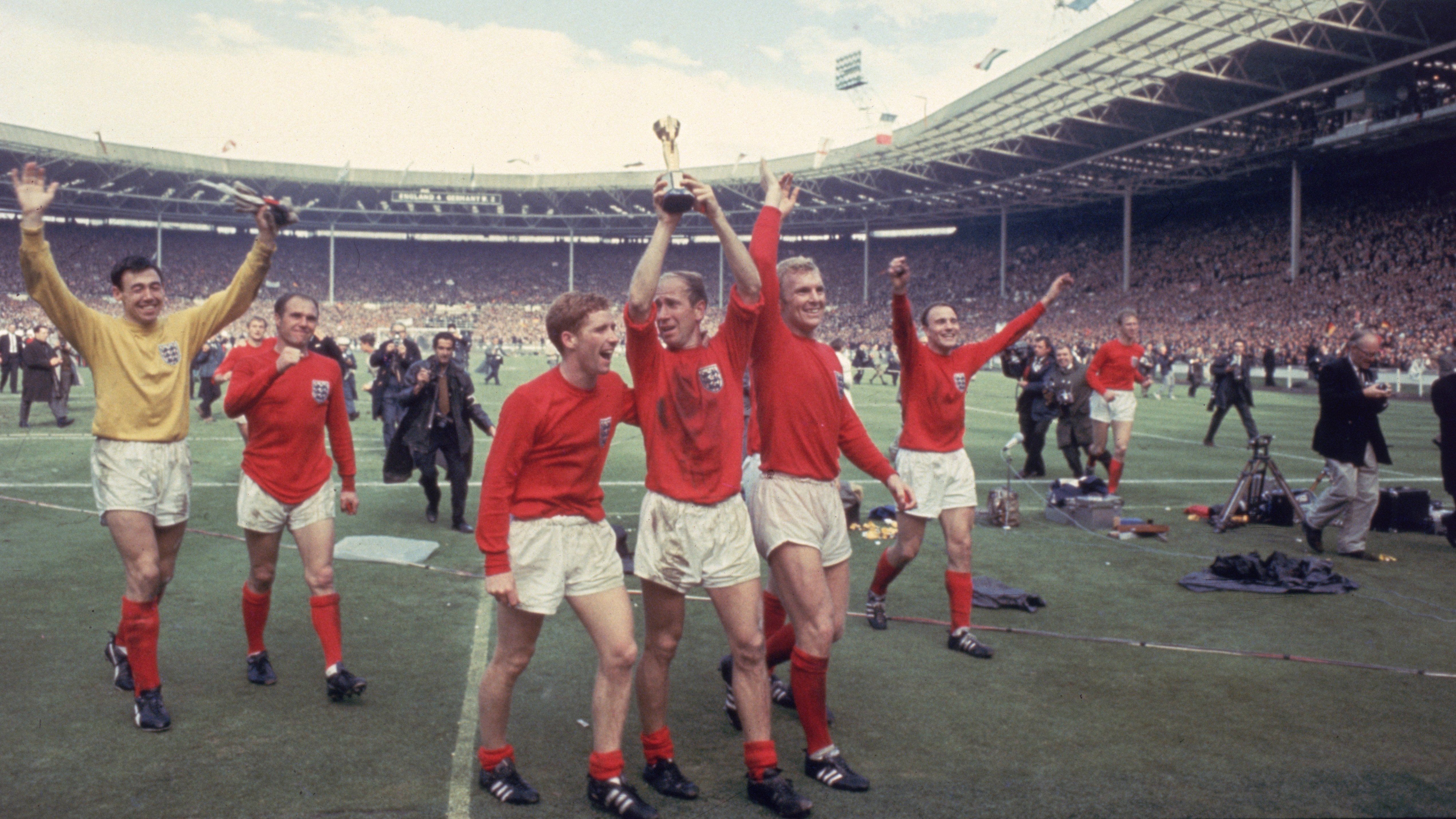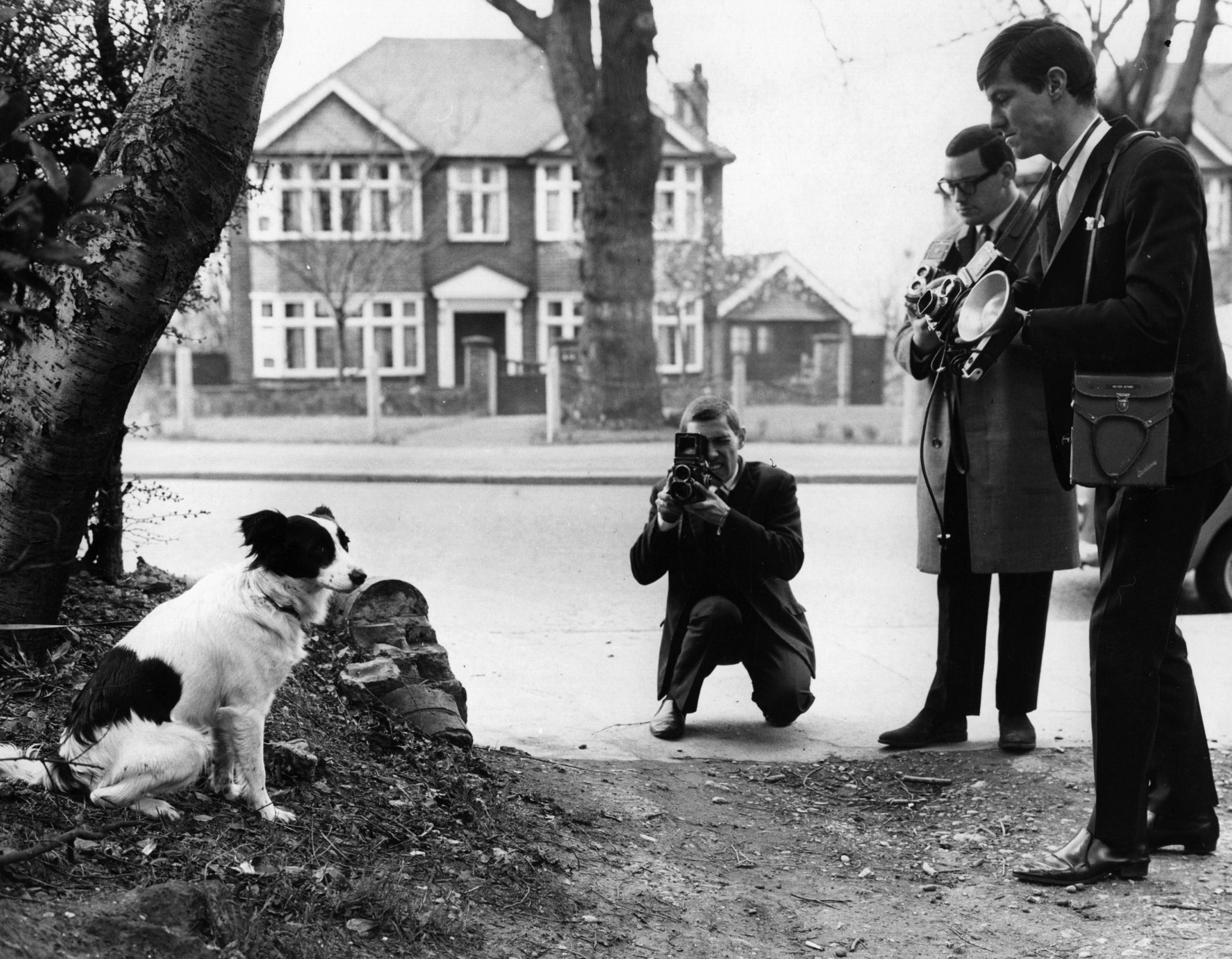England and the 1966 World Cup — which was stolen and later recovered by a dog called Pickles
In celebration of the footballing talents of Country Life's guest editor Sir David Beckham, we look back at the summer of 1966, when the England national team was on top of the world.


The English have a rich tradition of inventing things and then not using them properly, and perhaps nowhere is this more evident than in our football team.
Association Football, to give it its proper title, was created alongside the Football Association in 1863, with 13 laws ratified at the Freemason’s Tavern on Great Queen Street in London. In terms of international success for England, it has been mostly downhill since then, apart from in 1966, when Bobby Moore held the Jules Rimet trophy aloft at Wembley Stadium in front of 98,000 fans and millions more watching at home.
Moore almost had nothing to hold, after the trophy was stolen in March of that year, but thankfully it was later found and recovered by David Corbett and his dog, Pickles.

Pickles posing for photographs near the spot in Norwood, South London, where he found the Jules Rimet trophy.
Back to the football. For the first and only time, England were world champions, having defeated Mexico, France, Argentina, Portugal and, famously, West Germany on their way to victory. The players — Moore, Alan Ball, Bobby and Jack Charlton, Roger Hunt, Nobby Stiles, Gordon Banks, manager Alf Ramsey and hat-trick hero Geoff Hurst — have been immortalised. Many can still hear Kenneth Wolstenholme’s famous call in the 120th minute: ‘Here comes Hurst… some people are on the pitch, they think it’s all over. It is now!’ In Germany, it is still a matter of public record that, for Hurst’s second goal, ‘the ball never crossed the line’.
Moore went on to receive 108 caps for England, a record for an outfield player that stood until 2009, when it was surpassed by a right-footed midfielder named David Robert Joseph Beckham — the middle name ‘Robert’ had been borrowed from Sir Robert ‘Bobby’ Charlton, the favourite footballer of the young player’s father.
Since 1966, the legacy has been one of disappointment: penalty misses, the ‘Hand of God’, red cards and goals that never were. Chasing the heights of World Cup glory will never cease, however, and, next summer, 60 years after ‘Football Came Home’, Harry Kane and 10 others will be hoping once again to reach the summit of footballing glory. We will be watching.
This feature appears in the October 2, 2025, issue of Country Life, edited by Sir David Beckham. Click here for more information on how to subscribe.
Exquisite houses, the beauty of Nature, and how to get the most from your life, straight to your inbox.

James Fisher is the Digital Commissioning Editor of Country Life. He writes about motoring, travel and things that upset him. He lives in London. He wants to publish good stories, so you should email him.